In a brazen act of violence that has shaken Lebanon, Sheikh Muhammad Ali Hammadi, a senior Hezbollah commander with a $1 million bounty on his head, was assassinated outside his home in the Bekaa Valley on January 21, 2025. This high-profile killing has not only ignited fears of escalating violence in the already fragile nation but also raised critical questions about Hezbollah’s influence and Lebanon’s precarious stability. What does this shocking event mean for the future of the region as a whole?
A Targeted Attack in the Heart of the Bekaa Valley
Sheikh Hammadi, a key figure within Hezbollah, was gunned down in the town of Machghara, a stronghold in eastern Lebanon. According to eyewitness reports, the assailants arrived in two vehicles, opening fire on Hammadi in front of his residence before fleeing the scene. Hammadi sustained multiple gunshot wounds and was rushed to a local hospital, where he succumbed to his injuries.
The attack sent shockwaves across Lebanon, where political assassinations have long been a tool for settling disputes, whether political, sectarian, or tribal. While Hezbollah has not yet released an official statement, preliminary investigations suggest the killing could be linked to either internal disputes or external enemies targeting its leadership.
Sheikh Hammadi: A Man of Influence
Sheikh Hammadi was not just a prominent military figure but also a symbolic leader, often involved in overseeing operations and mediating conflicts within Hezbollah. His influence extended beyond military strategy, as he was known for fostering alliances within the complex web of Lebanese politics.
Hammadi’s death comes at a time when Hezbollah is under growing pressure both internally and externally. Within Lebanon, it faces increasing criticism for its involvement in Syria and its perceived prioritization of regional agendas over domestic concerns. Internationally, Hezbollah remains at odds with Israel, the United States, and several Gulf nations that have labeled it a terrorist organization.
Motive Behind the Assassination
The motive for Hammadi’s assassination remains unclear. Lebanese authorities have launched a full-scale investigation, with security forces setting up checkpoints and conducting searches in the Western Bekaa region. Several theories are being explored:
- Family Feud: Some local reports suggest the killing may be linked to a long-standing tribal dispute, a common source of violence in the Bekaa Valley, where tribal loyalty often supersedes state authority.
- External Enemies: Given Hammadi’s strategic role, it’s possible that foreign intelligence agencies or rival factions within the region orchestrated the attack to destabilize Hezbollah.
- Internal Power Struggle: The hierarchical structure and the significant influence wielded by its senior commanders can sometimes lead to internal rivalries. Hammadi’s assassination could be a result of internal tensions within Hezbollah.
The Implications for Hezbollah
The killing of Sheikh Hammadi is a significant blow to Hezbollah, both symbolically and strategically. Hammadi’s leadership role made him a linchpin in its operations, and his loss could disrupt cohesion at a time when Hezbollah faces mounting challenges.
1. Impact on Morale
Within Hezbollah, Hammadi’s death is likely to be seen as a martyrdom, a narrative frequently employed to rally supporters. However, it could also lead to demoralization among its ranks, especially if the killing is seen as a sign of vulnerability.
2. Potential Retaliation
Hezbollah has a long history of responding aggressively to attacks on its leaders. The assassination of Hammadi could prompt retaliation, either domestically or against perceived external enemies, heightening tensions in the region.
3. Strain on Political Alliances
Political alliances within Lebanon could be tested as investigations into Hammadi’s death unfold. If the killing is linked to a tribal or political feud, it could exacerbate divisions within Lebanon’s already fractured political landscape.
A Troubled Nation on Edge
Lebanon, a country plagued by economic collapse, political paralysis, and sectarian divisions, is ill-equipped to handle further instability. Hammadi’s assassination underscores the fragility of the nation, where power struggles and external interference often overshadow the needs of the people.
1. Economic Fallout
The killing comes as Lebanon grapples with one of the worst economic crises in its history. The country’s currency has plummeted, unemployment is skyrocketing, and basic services are collapsing. Political violence, such as Hammadi’s assassination, only deepens the sense of uncertainty, discouraging foreign investment and aid.
2. Sectarian Tensions
The dominant role of Hezbollah in Lebanon’s Shia community often puts it at odds with Sunni and Christian factions. Hammadi’s death could exacerbate these tensions, leading to clashes between rival sectarian groups.
The Regional Impact
Hammadi’s assassination is not just a domestic issue; it has far-reaching implications for the broader Middle East.
1. Israel-Tensions
Israel, which has long viewed Hezbollah as a primary security threat, may interpret Hammadi’s assassination as a weakening of its leadership. However, it could also brace for potential retaliatory attacks, further straining the fragile ceasefire between the two sides.
2. Iran’s Role
As a primary backer, Iran closely monitors developments within Hezbollah. Hammadi’s death could prompt Tehran to increase its support, both financially and militarily, to ensure Hezbollah’s continued dominance in Lebanon.
3. Global Implications
The assassination also highlights the challenges of combating political violence and terrorism in the region. Countries like the United States and France, which have vested interests in Lebanon’s stability, may increase diplomatic pressure to prevent further escalation.
Calls for Justice
In the wake of Hammadi’s death, calls for justice are growing louder. Hezbollah supporters have demanded a thorough investigation, while human rights organizations emphasize the need for accountability and transparency. However, Lebanon’s weak judiciary and history of unresolved political assassinations cast doubt on whether the perpetrators will ever be brought to justice.
Conclusion: A Turning Point or a Prelude to More Chaos?
The assassination of Sheikh Hammadi, a Hezbollah commander with a $1 million bounty, marks a critical juncture for Lebanon. For Hezbollah, it is a test of its resilience and ability to maintain control in the face of internal and external pressures. For Lebanon, it is a grim reminder of the fragility of its political and social fabric.
As the nation mourns yet another victim of political violence, the question remains: can Lebanon find a path to stability, or is it destined to remain a battleground for power struggles and proxy wars? The answer lies not only in the investigation into Hammadi’s death but in the collective will of Lebanon’s leaders and people to prioritize unity over division.
Also Read-
1. Over 100 Families in Crisis: Positive and Negative Impacts of Preterm Births for Citizenship
2. Over 50,000 Under Evacuation Orders: Can California Tame Its Most Devastating Wildfires Yet?
3. The Pi Network: What Sets It Apart in the Evolving Cryptocurrency Landscape?

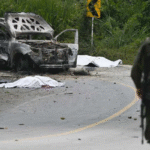
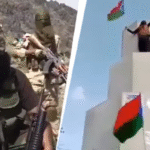
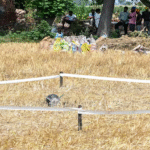
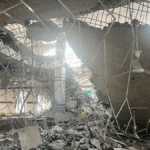




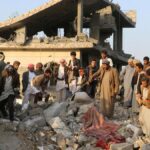

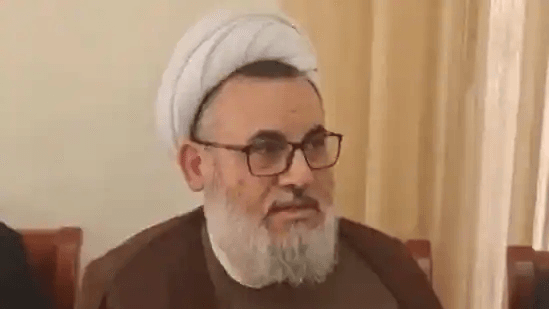

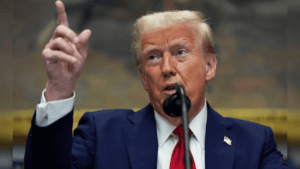
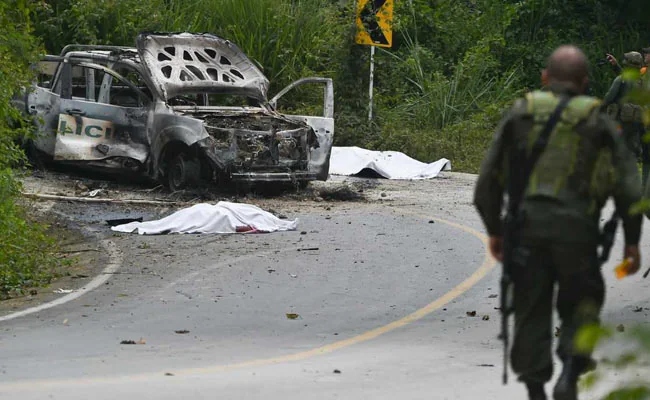
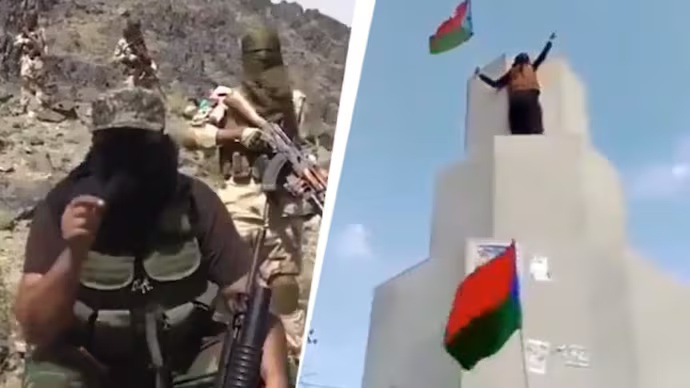
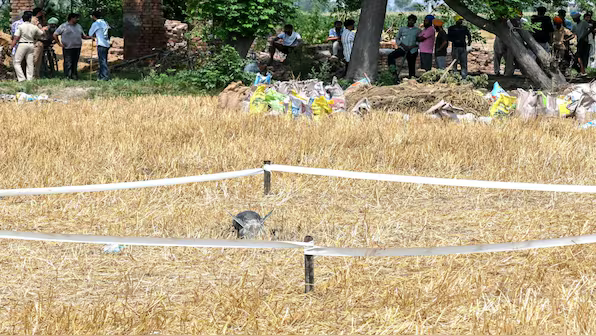
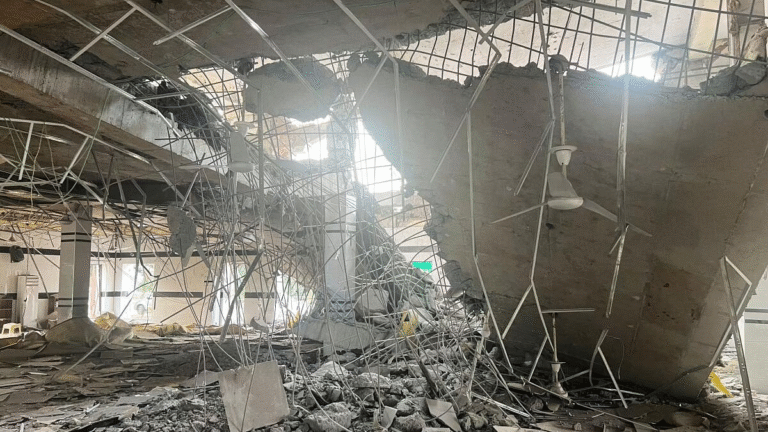
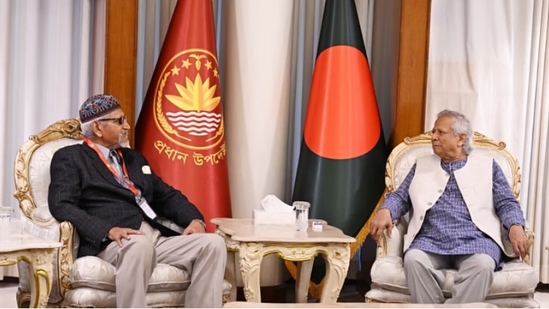

One thought on “Hezbollah Commander with $1 Million Bounty Shot Dead: A Major Blow to the Group”